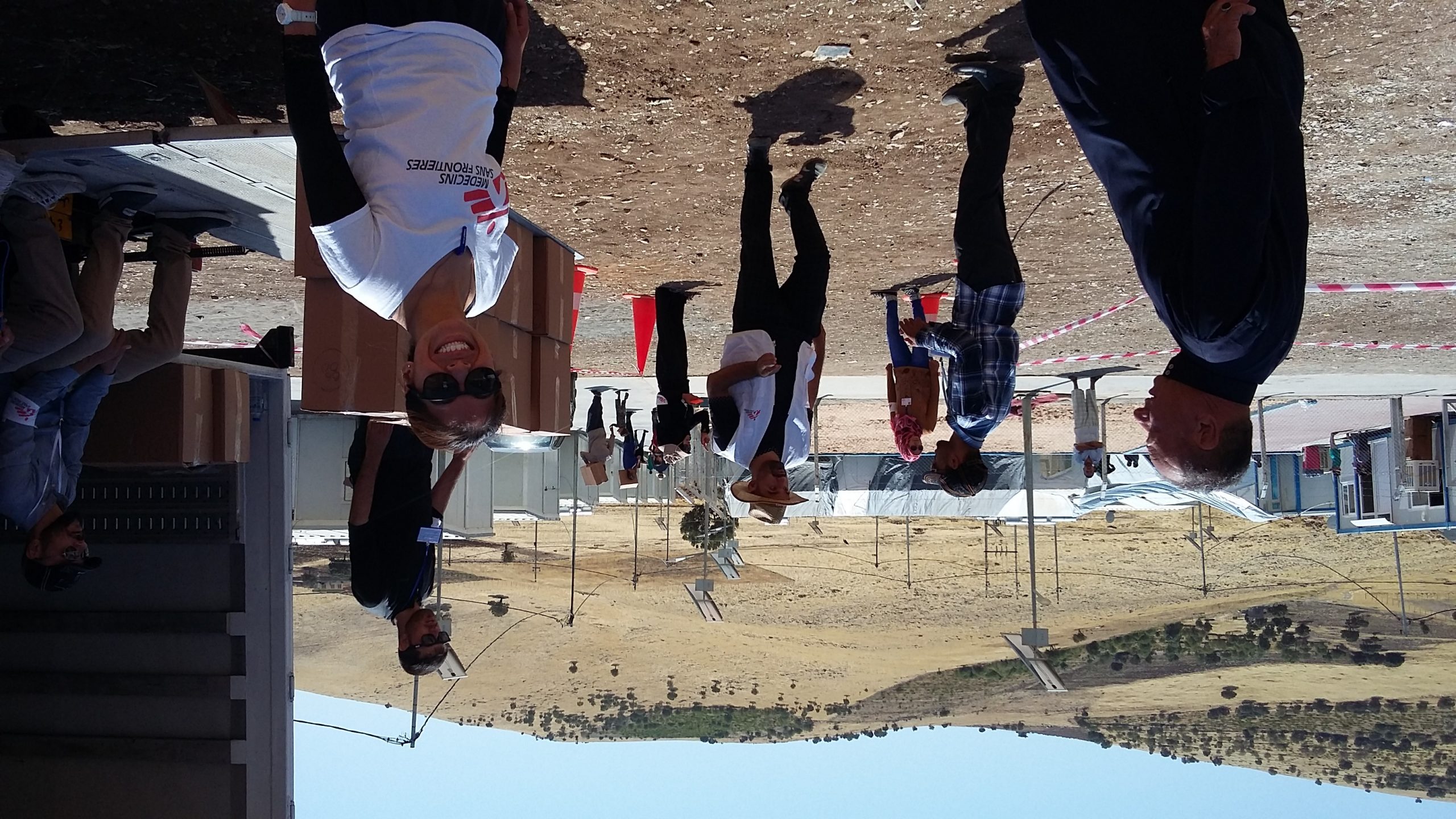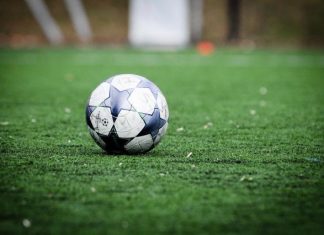She’s thousands of miles away from family and friends in the “high security” environment of Iraq ensuring the locals have access to healthy water.
But Caroline Springs’ Jeanne Vidal wouldn’t have it any other way.
She’s been working as a humanitarian engineer, or Water, Sanitation and Hygiene Specialist (WASH), for Medecins Sans Frontieres (MSF) for several months in Iraqi Kurdistan, ensuring MSF- supported hospitals and refugee camps meet minimum international standards for water, sanitation and hygiene.
She’s also based in displaced camps in Sulaymaniyah and health centres in the towns of Sadiyah and Jalawala in the Khanaqin region of Iraq-Kurdistan.
“Sulaymaniyah is far away from the front lines and the level of violence and insecurity in the city is low,” she tells Star Weekly via email.
“Sulaymaniyah Emergency Hospital… is the only functional emergency room in a catchment area of 2.5 million.”
She’s well prepared for the job though, having worked on emergency water and sanitation projects in Ethiopia and South Sudan – inside and outside tent hospitals – and in displaced camps in Khameer and Huth in Yemen.
The Victorian University Civil Engineering graduate gave up high-paying jobs in Australia’s mining and construction boom to help others in hot spots across the globe, after seeing the devastating effects of Typhoon Haiyan in her home country of The Philippines.
Then a conversation with an aid worker while on a flight from Manila, sealed her future.
Jeanne, who’s been a WASH specialist since August, 2014, says the job allows her to make a difference.
“I like working as a humanitarian engineer because I know that at the end of the day I get the satisfaction from helping people,” she says.
“I am able to do something positive in the midst of chaos in certain parts of the world.
“Of course this decision did not come without costs; I miss my family and friends and leading a normal life.
“However, ultimately, I am content as I am passionate about my job and I am learning more having experienced variable cultures in missions. This is why I keep on going back for more.”
She says community acceptance was the key to safety in Iraq.
“Of course there were some intense moments, sometimes uneasy moments during the assignments I took part in,” she says.
“It is often a challenge coming back home from the field… one must be flexible because the situation is rapidly changing.”

The work can be hard and the living conditions even harder. Like many aid workers, she’s lived in tents, experienced unstable security, and tackled the complexities of dealing with local people in war-torn areas.
“In Africa, where it could become very hot and humid; torrential rains can hinder any outdoor activity as one cannot beat Mother Nature,” she says.
“In highly insecure contexts, such as Yemen, there are cultural considerations and security rules that all field workers should abide by.
“Language could also prove to be another challenge as we try to explain things that we think could improve a certain situation but can often get misinterpreted.
“I learned a lot from those countries… about their culture, traditions, language and convictions.
“The resilience and patience people display despite all the difficulties they encounter and the importance they attach to family are what marked me the most.”
“The satisfaction one gets from offering assistance to those in need is the best aspect of the job.”
It takes time to prepare for each trip, with vaccinations, and a visit to the dentist if a particular assignment doesn’t have the service.
“I also have to prepare myself mentally and often read resources or news articles to understand the context of the specific project I am headed to,” she says.
“I also make a checklist of my luggage as you often won’t find your favourite shampoo or tea if you are based within a refugee camp.”
The 31-year-old says her career choice neatly aligns with her personal values.
“My life is really nomadic right now and I am aware that I’m missing out with what many people my age normally do. But the upside is that I’m growing so much personally and professionally,” she says.
“These experiences have taught me to live simply, as well as to accept things that cannot be changed.
“It also taught me to not take things for granted because events can change overnight.”









